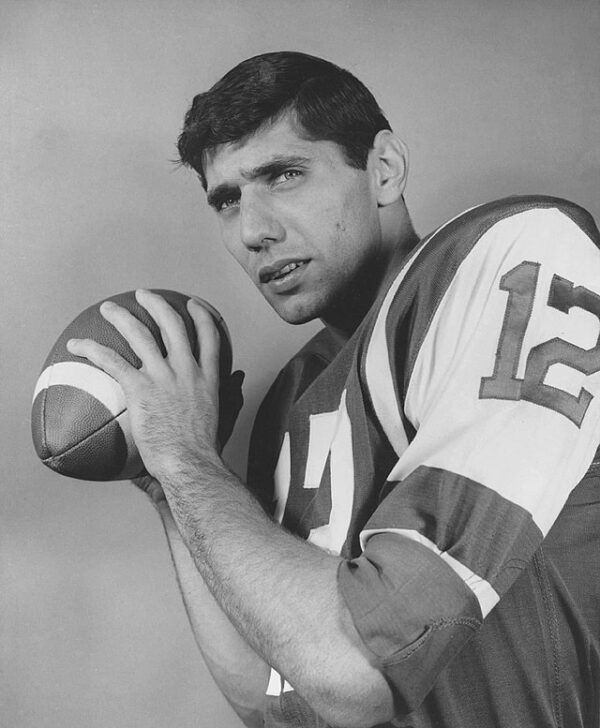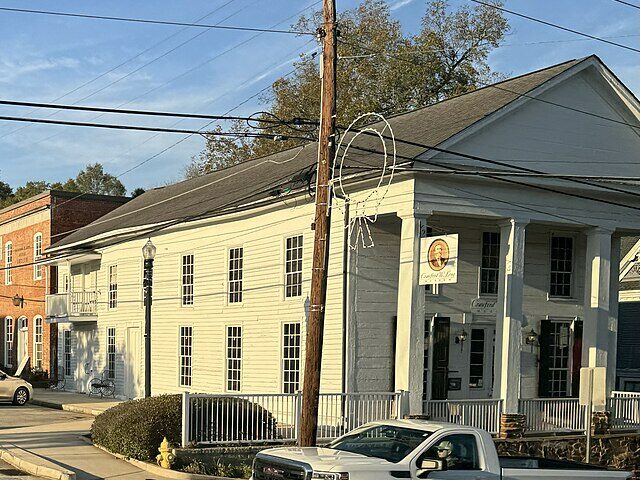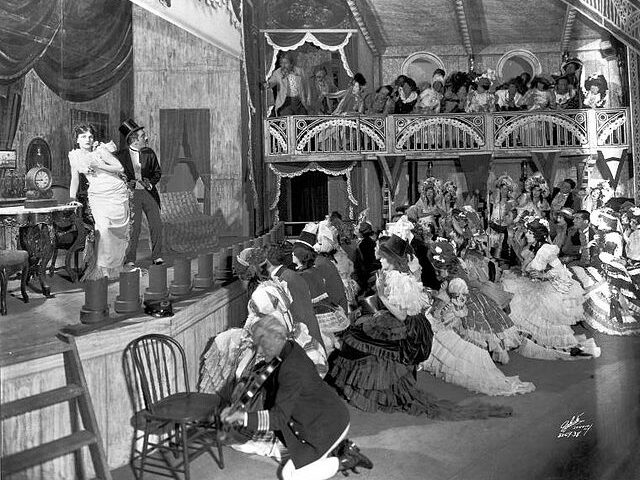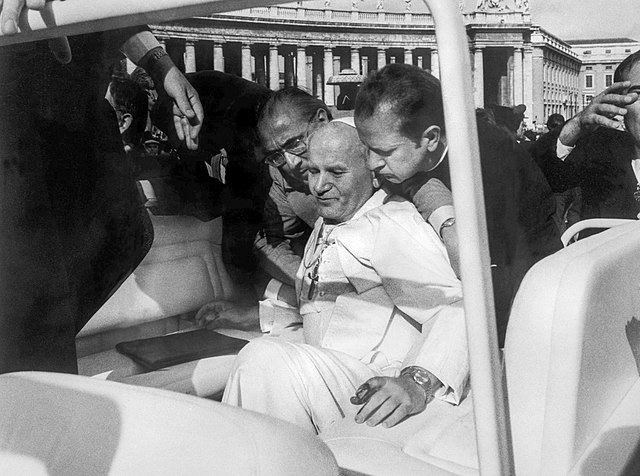On January 12, 1969, the New York Jets pulled off one of the greatest upsets in sports history, defeating the heavily favored Baltimore Colts 16-7 in Super Bowl III. Held at the Orange Bowl in Miami, this historic victory not only cemented the Jets’ place in football history but also had a lasting impact on the NFL and American sports.
At the time, the Jets were champions of the American Football League (AFL), a league that was widely viewed as inferior to the National Football League (NFL). The Colts, on the other hand, were seen as an unstoppable force. With a dominant 13-1 season record, they were hailed as one of the best teams ever assembled. Under head coach Don Shula and quarterback Earl Morrall, the Colts boasted both a powerful offense and a defense that had crushed opponents all season. Entering the game as 18-point underdogs, the Jets were given virtually no chance to win.
But Jets quarterback Joe Namath had other ideas. Just three days before the game, Namath made a bold declaration during a press event, guaranteeing a Jets victory. His confidence shocked fans and experts alike but inspired his teammates to rise to the occasion. Namath’s words set the stage for a performance that would change the course of football history.
From the start, the Jets executed a disciplined and effective game plan. Namath, who was named Super Bowl MVP, was calm and precise, completing 17 of 28 passes for 206 yards. Though he didn’t throw for any touchdowns, his leadership and smart decision-making allowed the Jets’ offense to thrive. Running back Matt Snell was a key contributor, rushing for 121 yards and scoring the Jets’ only touchdown.
On defense, the Jets were equally impressive. Coordinator Walt Michaels designed a strategy that stifled the Colts’ offense. The defense intercepted Morrall three times in the first half, with one crucial pick coming from Johnny Sample, a former Colt eager to shine against his old team. The defensive line applied constant pressure, disrupting the Colts’ rhythm and forcing mistakes. By halftime, the Jets held a shocking 7-0 lead, defying nearly every pregame prediction.
The Jets built on their momentum in the second half. Kicker Jim Turner added three field goals to extend the lead to 16-0. Although the Colts scored a late touchdown with backup quarterback Johnny Unitas stepping in, the Jets’ defense held strong, preventing any further comeback attempts. The final whistle confirmed what had seemed impossible just hours earlier—the Jets were Super Bowl champions.
The significance of this victory stretched far beyond the game itself. At the time, the AFL was still struggling for respect in comparison to the NFL. The Jets’ win demonstrated that the AFL could compete at the highest level, giving credibility to the league and paving the way for the AFL-NFL merger, which officially took effect in 1970.
For Namath, the win turned him into a cultural icon. His guarantee of victory became a symbol of confidence and leadership, and his performance in the game proved he could back up his bold words. Namath’s charisma and swagger transcended football, making him one of the first athletes to achieve crossover fame in American pop culture.
Super Bowl III also elevated the status of the championship game itself. The upset captured national attention and solidified the Super Bowl as more than just a title game—it became a cultural event. The Jets’ victory serves as a reminder that underdogs can prevail and that no game is over until it’s played.
Though the Jets have not returned to the Super Bowl since that fateful day in 1969, their triumph over the Colts remains one of the defining moments in sports history. It stands as a testament to the power of belief, preparation, and execution, inspiring athletes and fans alike for generations.






